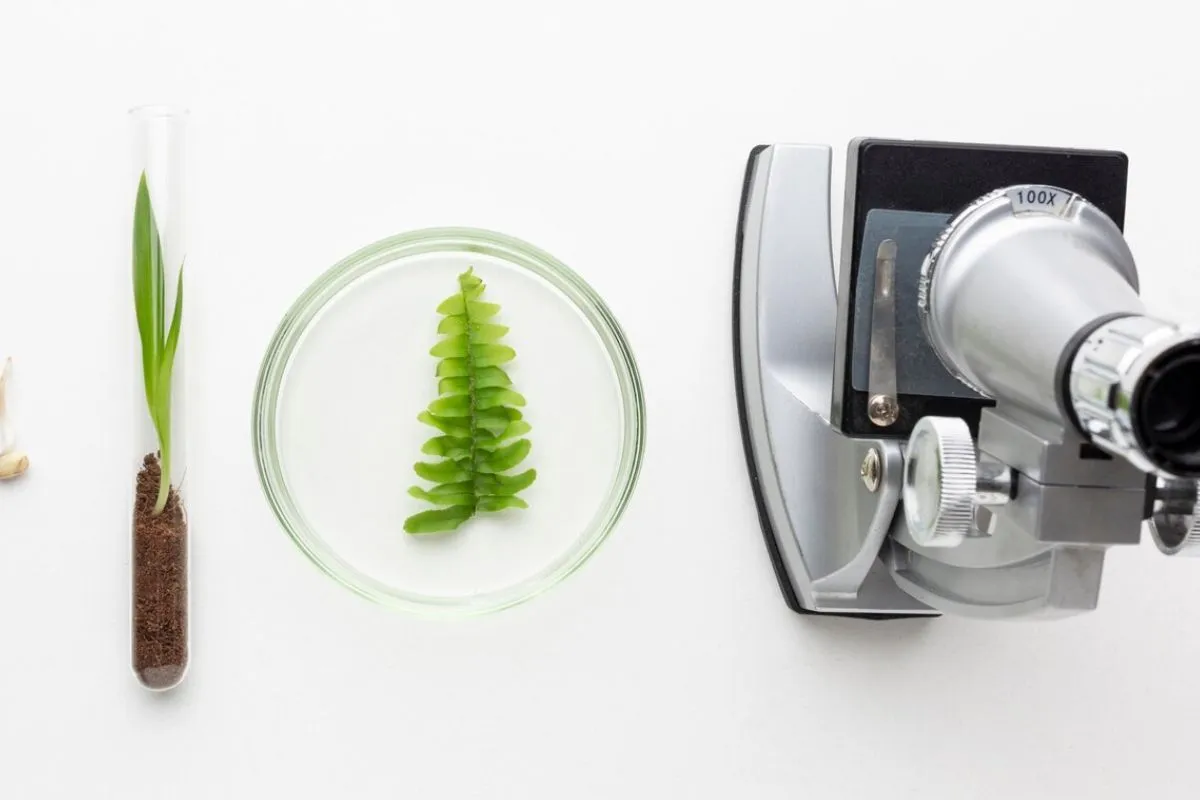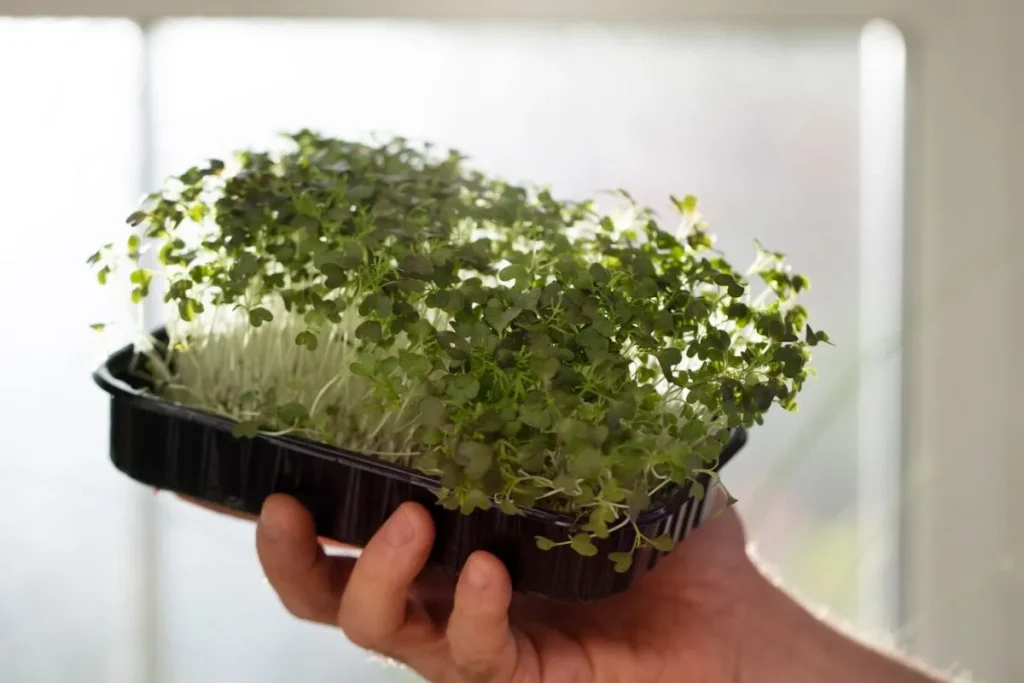Developing Algae-Based Biofuels for Home Use is a promising avenue in the quest for sustainable energy. With fossil fuels depleting, alternative fuels are becoming essential.
In this digital age, home energy solutions need a green revolution. Algae-based biofuels offer a renewable and eco-friendly option.
The focus on microalgae and diatoms presents significant potential. They can reduce carbon emissions and lead to a sustainable future.
What are Algae-Based Biofuels?
Algae-based biofuels are derived from algae, a plant-like organism. These biofuels are considered renewable energy sources. They offer a sustainable alternative to fossil fuels, reducing greenhouse gas emissions and dependency on non-renewable resources.
Microalgae are particularly efficient at converting sunlight into energy. They grow rapidly and can thrive in various environments. This adaptability makes them ideal for large-scale biofuel production, potentially transforming energy markets.
Diatoms, a type of algae, are especially promising. They produce high-quality biofuels and require minimal resources to cultivate. Additionally, diatoms can be cultivated using non-arable land and brackish water, further minimizing their environmental impact.
The Science Behind Algae-Based Biofuels
Microalgae Cultivation
The process starts with cultivating microalgae in controlled environments. These algae can grow in ponds, photobioreactors, or closed systems.
Controlled growth conditions ensure optimal light, nutrients, and CO2 levels. This maximizes biomass production.
Efficient cultivation leads to higher biofuel yields. Sustainable practices enhance the entire lifecycle of algae-based biofuels.
Production Techniques
Harvesting is the next crucial step. Techniques like centrifugation and filtration separate algae from water.
Conversion methods include transesterification and pyrolysis. These processes transform algal biomass into usable biofuels.
Each method has specific advantages. Optimization ensures cost-effective and scalable biofuel production.
Sustainability and Environmental Impact
Algae-based biofuels are considered carbon neutral. The CO2 absorbed during growth offsets emissions during use.
This results in significantly lower carbon footprints. Compared to fossil fuels, algae-based biofuels offer a greener alternative.
Utilizing algae can also enhance water treatment. Algae cultivation in wastewater can aid in nutrient removal.
Benefits of Algae-Based Biofuels for Home Use
Reduced Carbon Emissions
One of the main benefits is the reduction in carbon emissions. Using biofuels for home heating and power generation can minimize environmental impact.
This is essential in combating climate change. Lower emissions contribute to better air quality and public health.
Homes utilizing biofuels can achieve energy independence. This reduces reliance on fossil fuels.
Renewable and Sustainable Energy Source
Algae-based biofuels are renewable. Unlike fossil fuels, they can be replenished naturally. This reduces the strain on finite resources and helps combat climate change.
Microalgae grow rapidly and require minimal resources. This makes them a sustainable energy source. They can be cultivated in non-arable lands, utilizing wastewater, and therefore not competing with food production.
Homes using algae-based biofuels help promote green technology. This advancement supports a cleaner energy future. It also encourages further research and development in renewable energy, leading to broader adoption and innovation in sustainable practices.
Economic Advantages
The adoption of biofuels can drive economic growth. This creates jobs in cultivation, research, and production sectors.
Costs of algae-based biofuels are becoming competitive with conventional fuels. Innovations are making the technology more affordable.
Homeowners can save on energy expenses. This is a compelling reason to transition to biofuels.
Challenges and Solutions in Developing Algae-Based Biofuels for Home Use
High Initial Investment
One significant challenge is the high initial investment. Setting up algae cultivation systems can be costly.
However, government incentives and subsidies can help. These financial aids encourage the adoption of renewable energy solutions.
Investing in biofuels today ensures long-term savings. Homeowners benefit from reduced energy costs over time.
Technological Barriers
Technological barriers also exist. Efficient biofuel production requires advanced techniques.
Continuous research and development are essential. Innovations in cultivation and conversion methods are crucial.
Collaboration between researchers and industry experts speeds up technological advancements. This makes algae-based biofuels more accessible.
Scalability Issues
Scalability is another hurdle. Producing biofuels at a large scale can be challenging.
Optimization of production processes is vital. Addressing scalability ensures that biofuels can meet energy demands.
Creating scalable solutions benefits both households and industries. This leads to broader adoption of green technology.
Future Prospects of Algae-Based Biofuels
Technological Innovations
The future of algae-based biofuels is bright. Technological innovations are rapidly advancing the field.
New cultivation techniques are improving yield. This ensures that biofuels remain a viable energy source.
Enhanced conversion methods also boost efficiency. Emerging technologies continue to drive the industry forward.
Increased Adoption
Increased adoption of biofuels is expected in the coming years. Policies encouraging renewable energy use are key.
Consumers are becoming more eco-conscious. They prefer energy solutions that are sustainable and eco-friendly.
Wider adoption of biofuels will transform home energy usage. This shift supports global sustainability efforts.
Economic and Environmental Impact
The economic and environmental impact of biofuels is significant. Job creation and economic growth are major advantages.
Reduced carbon emissions contribute to environmental well-being. This helps mitigate climate change.
Algae-based biofuels present a win-win scenario. They offer economic and environmental benefits for a sustainable future.
Path to Sustainability
Understanding and developing algae-based biofuels for home use is crucial. The potential to revolutionize home energy is immense. These biofuels offer a renewable and sustainable energy source that can significantly reduce our reliance on fossil fuels.
The benefits are clear in terms of sustainability, economic advantages, and reduced emissions. Algae biofuels can decrease greenhouse gas emissions, provide a cost-effective energy solution, and help mitigate the impacts of climate change.
Navigating challenges responsibly can ensure a green future, such as addressing the initial costs and technological barriers.
Investing in algae-based biofuels today is a step towards energy independence. Future-forward homeowners are embracing this eco-friendly solution.
By adopting this technology, they contribute to a cleaner environment and set a precedent for sustainable living.
Frequently Asked Questions
What are algae-based biofuels?
Algae-based biofuels are renewable energy sources derived from algae. They offer a sustainable alternative to fossil fuels.
How are algae-based biofuels produced?
They are produced through cultivating microalgae, harvesting the biomass, and converting it using methods like transesterification.
What are the benefits of using algae-based biofuels at home?
The benefits include reduced carbon emissions, renewable energy supply, economic savings, and promoting green technology.
What challenges exist in developing these biofuels?
Challenges include high initial investment, technological barriers, and scalability issues. Solutions involve research and subsidies.
What is the future outlook for algae-based biofuels?
The future is promising with technological innovations, increased adoption, and positive economic and environmental impacts.



